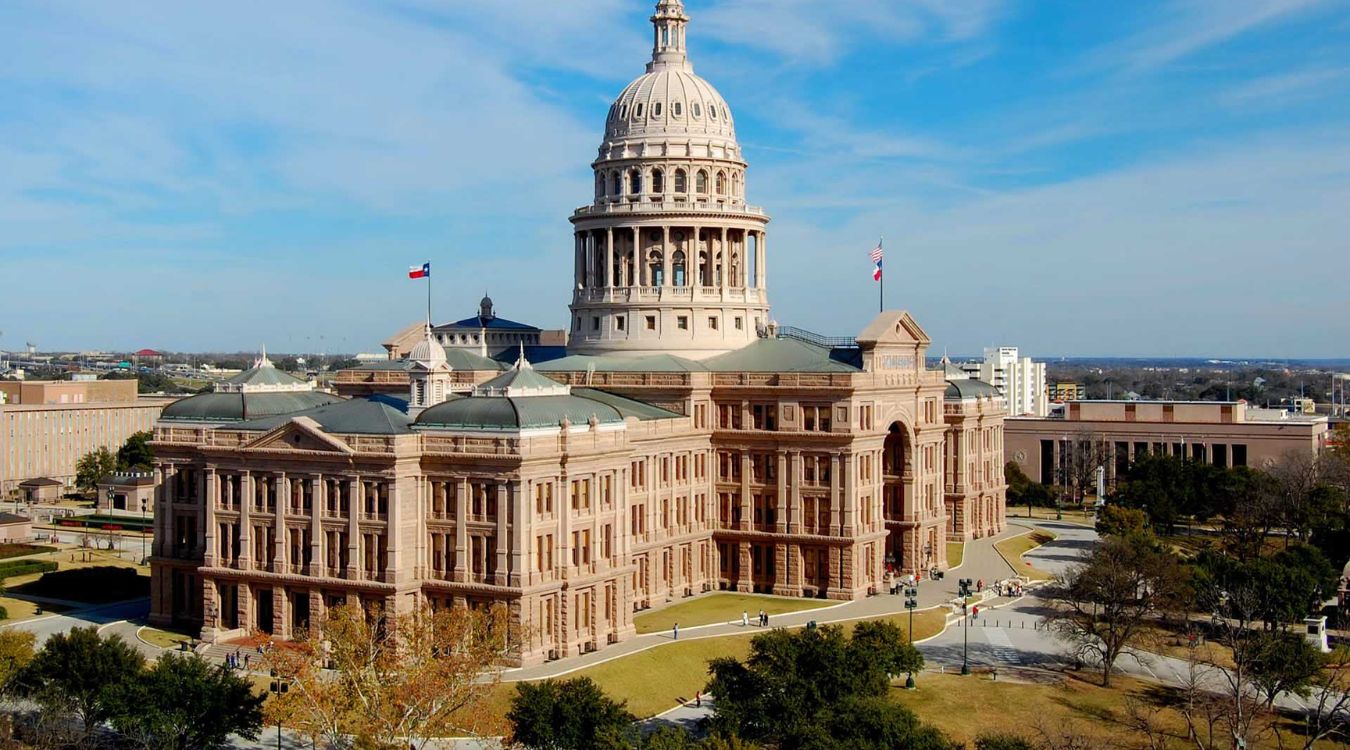New Federalism represents a pivotal shift in the balance of power between the federal government and the states, aiming to return certain powers to state and local governments. This quiz will challenge your understanding of this significant political movement, its origins, and its impact on American governance. Let’s see how well you know New Federalism!
We recommend that you do not leave the page that you are taking this quiz in. Stay honest 🙂
New Federalism Quiz Questions Overview
1. What is New Federalism primarily concerned with?
Increasing federal power
Returning powers to states
Expanding the judiciary’s role
Strengthening the executive branch
2. Which U.S. President is most associated with the start of New Federalism?
Franklin D. Roosevelt
Lyndon B. Johnson
Richard Nixon
Ronald Reagan
3. Which of the following policies is an example of New Federalism?
The New Deal
The Great Society
Block grants
Judicial review
4. What was one of the main goals of New Federalism?
Centralizing power in Washington, D.C.
Reducing the size of the federal government
Increasing federal oversight of state policies
Expanding federal social programs
5. Which constitutional principle does New Federalism emphasize?
Separation of powers
Checks and balances
Federalism
Judicial review
6. During which decade did New Federalism begin to take shape?
1950s
1960s
1970s
1980s
7. Which of the following is NOT a characteristic of New Federalism?
Decentralization
Increased state autonomy
Expansion of federal social programs
Block grants
8. Which President continued the policies of New Federalism in the 1980s?
Jimmy Carter
Ronald Reagan
George H.W. Bush
Bill Clinton
9. What is a block grant?
A grant for specific federal programs
A grant with strict federal guidelines
A grant that gives states broad discretion
A grant for emergency relief
10. Which of the following best describes the concept of devolution in the context of New Federalism?
Centralizing power at the federal level
Transferring powers from states to local governments
Transferring powers from the federal government to states
Increasing federal oversight of state programs
11. Which legislative act is associated with New Federalism?
The Social Security Act
The Civil Rights Act
The Revenue Sharing Act
The Patriot Act
12. What was a major criticism of New Federalism?
It centralized too much power
It reduced federal oversight
It led to unequal distribution of resources
It increased federal taxes
13. Which of the following terms is closely related to New Federalism?
Centralization
Devolution
Judicial activism
Bipartisanship
14. How did New Federalism affect the relationship between the federal and state governments?
It increased federal control
It created a partnership
It shifted more power to states
It had no significant impact
15. Which of the following is a goal of New Federalism?
Expanding federal welfare programs
Increasing federal taxes
Enhancing state decision-making
Centralizing economic policy
16. What role did the Supreme Court play in New Federalism?
It expanded federal power
It limited state powers
It reinforced state sovereignty
It increased judicial activism
17. Which of the following best describes the fiscal aspect of New Federalism?
Federal government controls all funding
States receive categorical grants
States receive block grants
Local governments control all funding
We recommend that you do not leave the page that you are taking this quiz in. Stay honest 🙂











